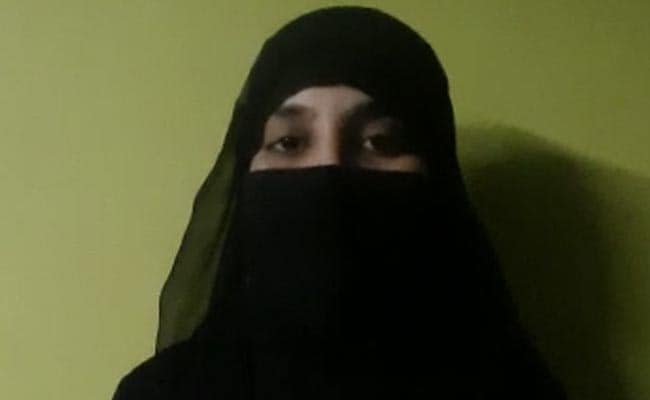The Karnataka High Court today resumed hearing in petitions filed by Muslim girls studying in government pre-university colleges in Udupi against the government ban on Hijabs in classrooms. The court had adjourned the hearing yesterday after state advocate general Prabhuling Navadgi sought time to respond to the petitions.
The arguments in the case come amid simmering tension in Karnataka where late last year, students were prevented from wearing the Muslim headscarf, sparking protests and counter demonstrations involving saffron scarves that have since spread to other states.
In an attempt to calm tensions, Karnataka's state government temporarily closed schools last week but have been opening gradually over the last two days. The Karnataka High Court has imposed a temporary ban on the wearing of all religious symbols in schools while it considers the headscarf ban.
Here are the LIVE updates on the Hijab Row:
Karnataka High Court: "Was government order banning hijab premature? On one hand you (State) say that high-level committee is examining the issue, while on the other hand you issue this order. Will this not amount to contradictory stand by State?"
Advocate General: "Certainly not".
The state government has taken the stand that the hijab does not come under the essential religious practices in Islam, says Advocate General.
- As I have understood, the controversy falls in three broad categories. Firstly, the order dated 05.02.2022. My first submission is that the order is in consonance with the Education Act.
- Second is the more substantive argument that hijab is an essential part. We have taken the stand that wearing of hijab does not fall within the essential religious practise of Islam.
- Wearing of Hijab does not fall within the essential religious practice of Islam.
- Third one is that this right to wear hijab can be traced to Article 19 (1) (a). Submission is that it does not do so.
- Practise of #Hijab must pass the test of Constitutional morality and individual dignity as expounded by the Supreme Court in the Sabrimala and Shayara Bano (Triple Talaq) cases. This is the positive proposition we are independently arguing.
 Why I Decided To Resign, Karnataka Lecturer's Letter Amid Hijab Row
Why I Decided To Resign, Karnataka Lecturer's Letter Amid Hijab Row
